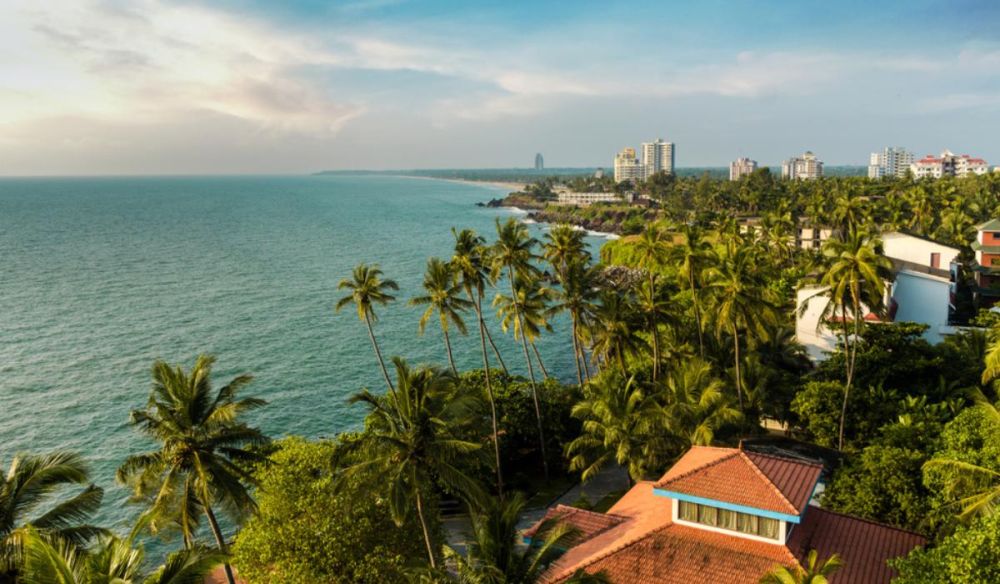

Kannur, a coastal city in the northern part of Kerala, India, is rich with history and natural beauty. Historically known as Cannanore, this ancient trading port was once a key player in the spice trade, dating back to the period of the early Arab traders. It has been a melting pot of cultures, with influences from the Portuguese, the Dutch, and the British, who all established a colonial presence in the city at different times.
Tourism in Kannur started to take shape with the acknowledgement of its historical sites, rich culture, and scenic beaches. Initially, this was more of an exploration by historians and adventurers intrigued by its past. The 15th-century St. Angelo Fort, built by the Portuguese and later occupied by the British, embodies Kannur's colonial past and started drawing tourists to the area.
The theyyam performances, a traditional form of worship in North Kerala, attracted cultural enthusiasts looking to experience the rituals and traditions of the region. These ritual dance performances are a key feature that defines the cultural tourism of Kannur. Over the years, the spectacle of theyyam has become one of the strongest tourist attractions in the district.
The development of infrastructure, including better roads and transportation systems, and the inauguration of the Kannur International Airport in 2018, have been instrumental in boosting tourism. Today, with improved accessibility, tourism in Kannur has begun to flourish.
Beaches like Payyambalam Beach, Muzhappilangad Drive-in Beach, and Kizhunna Ezhara Beach are now prominent draws for sun-seekers and those looking to relax by the Arabian Sea. Muzhappilangad Beach, in particular, is famous for being the longest drive-in beach in Asia, adding a unique aspect to beach tourism in the region.
In terms of the latest tourism trends, Kannur is witnessing an increase in sustainable and eco-friendly tourism practices. The government and local bodies emphasize the importance of conserving the natural environment while promoting tourism. Homestays and eco-resorts have become quite popular, giving tourists an opportunity to experience local culture intimately while contributing to the local economy.
The Kannur Heritage Project aims to preserve the city's rich cultural and historical heritage, which in turn has become a draw for tourism. This involves the restoration of historical monuments and the promotion of traditional crafts and performing arts.
In conclusion, while Kannur's tourism industry may not have as long a history as some other destinations, it has come a long way from being a small historical port to becoming a must-visit location in Kerala for its cultural richness, historical significance, and natural splendor. With its recent developments, Kannur continues to enhance its position on the global tourism map.